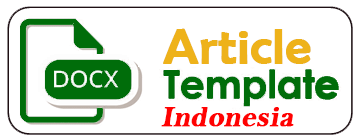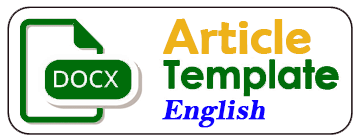Plagiarism
Plagiarism Policy
This journal is committed to upholding the highest standards of academic integrity and strictly prohibits all forms of plagiarism. Plagiarism is defined as the practice of taking someone else's work or ideas and presenting them as one’s own without proper acknowledgment.
All manuscripts submitted to this journal will be screened for plagiarism using reliable plagiarism detection software (such as Turnitin or iThenticate). The maximum allowable similarity index is 20%, provided that there is no significant overlap in the core sections of the manuscript such as the introduction, methodology, results, or discussion.
Unacceptable Forms of Plagiarism Include:
- Direct plagiarism – Copying text from another source without citation or quotation.
- Self-plagiarism – Reusing substantial parts of one’s own previously published work without proper citation or permission.
- Mosaic plagiarism – Lifting phrases from various sources and stitching them together into a new text without proper referencing.
- Improper citation – Providing incorrect or misleading citations that do not properly acknowledge the original source.
Actions Taken in Case of Plagiarism:
- If plagiarism is detected before publication, the manuscript will be immediately rejected.
- If plagiarism is discovered after publication, the article may be retracted and the authors’ names may be listed in the journal’s public notice of ethical misconduct.
- Authors found guilty of plagiarism may be banned from submitting to this journal for a specified period.
Authors bear full responsibility for the originality and authenticity of their work. It is strongly recommended that authors check their manuscripts for potential plagiarism prior to submission.












 This work is licensed under a
This work is licensed under a 